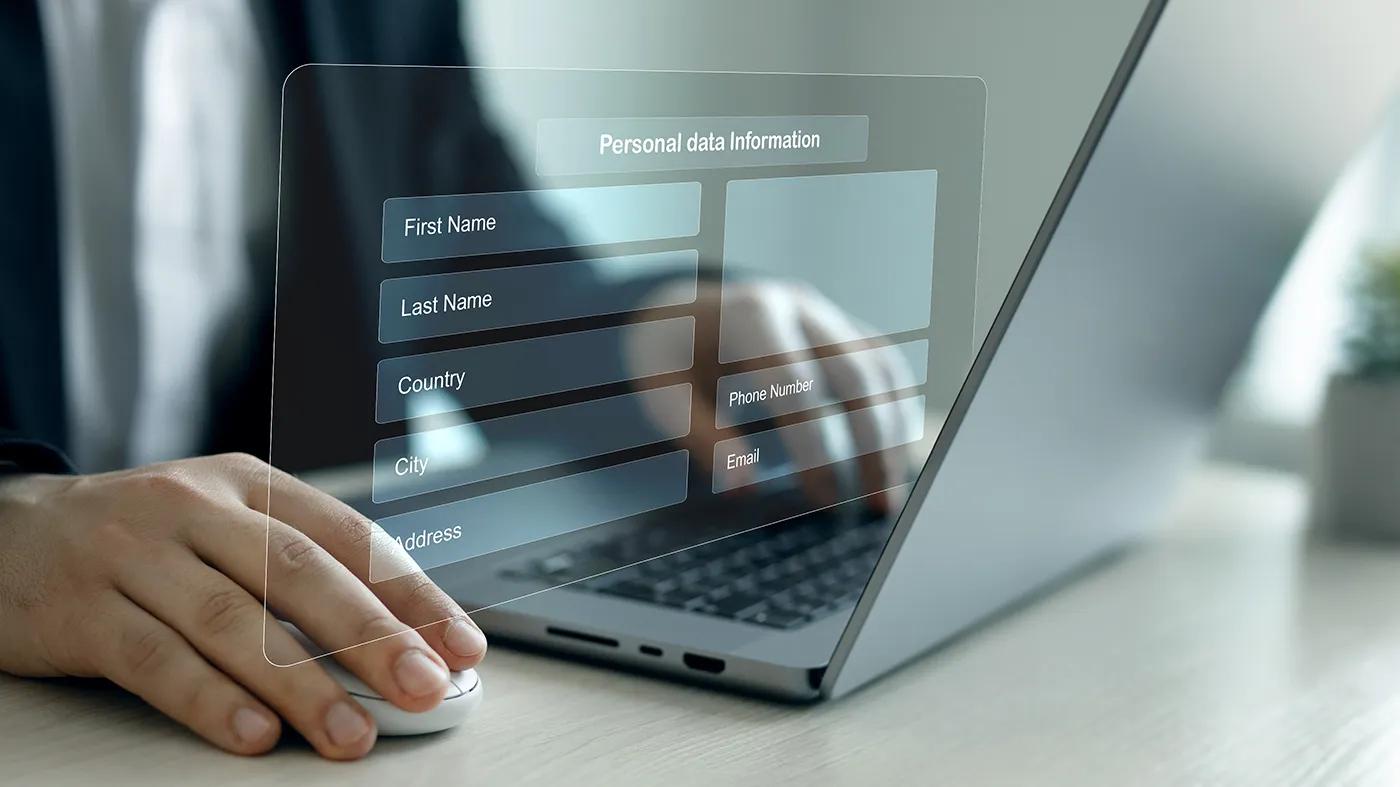|
|
"There’s no reason why these data silos need to be broken down."
— Cody Venzke, Senior Policy Counsel on Surveillance, Privacy and Technology at the ACLU
|
|
|
Welcome back to Snippets 👋 Here's what's been happening at the intersection of privacy and tech:
- The Trump administration continues to dismantle digital privacy in the name of government efficiency.
- A new study reveals that Americans’ views on government surveillance are often divided along partisan lines.
- IoT devices are affecting day-to-day privacy in unexpected ways.
- And so much more!
|
|
|
|
|
Privacy's continued decline under Trump
|
 |
|
|
The Trump administration’s aggressive rollback of data privacy protections—justified as efforts to improve government efficiency—has raised concerns about increased surveillance, cybersecurity risks, and declining public trust in government services.
|
- Massive data sharing: Executive orders have enabled unprecedented interagency sharing of sensitive data, such as Social Security numbers, medical histories, and tax records.
- Cybersecurity risks: Centralizing such data creates a prime target for hackers, with over 32,000 federal cyberattacks recorded in 2023.
- Surveillance and civil liberties: Critics warn the US is moving towards a surveillance state and that data could be misused to target vulnerable populations, particularly immigrants and political dissidents.
- Public trust at risk: Experts warn that fear of government misuse could discourage people from using essential services like healthcare, filing taxes, or reporting crimes.
|
|
|
|
|
|
|
Get a first look at the bold new voices shaping the future of privacy 🎥
|
|
Transcend’s Next-Gen Voices video series spotlights emerging perspectives driving the future of trust, AI governance, and responsible data leadership—and the trailer for the latest episode is live! This chapter features:
• Shana Morgan, Global Head of AI / Privacy at L3Harris Technologies
• Jevan Hutson, Privacy & Security Associate at Davis Wright Tremaine LLP
• Melanie Selvadurai, Privacy Program Manager at TikTok
• Sonia S. Siddiqui, Privacy Consultant & Advisor (ex-Kohler, ex-Coinbase)
Watch the trailer for a sneak peek of what’s to come in our newest episode (launching July 9) ✨
|
|
|
|
|
|
|
|
How Americans feel about government surveillance
|
 |
|
|
A new survey has captured Americans’ sentiments towards government surveillance, revealing sharp partisan splits.
|
- While most Americans agree surveillance is acceptable during criminal investigations, opinions are split across partisan lines when it comes to monitoring journalists, international students, and citizens of US allies.
- 71% of respondents fear the government could use its surveillance capabilities to target political opposition, while nearly half said surveillance made people less likely to express their political views online.
- 78% believe government surveillance has increased since the turn of the century, and 43% believe the US government conducts more surveillance than governments in other countries.
- Despite this, 42% of Americans were willing to trade their privacy for reductions in crime and terrorism—up from the 35% who said the same in 2017.
|
|
|
|
|
|
|
|
Understanding how IoT devices affect your privacy
|
 |
|
lupengyu/Moment via Getty Images
|
The Alex Murdaugh murder trial highlights how data from Internet of Things (IoT) devices—ranging from cellphones to vehicles—can be powerful tools for criminal investigations, while also raising concerns about personal privacy and surveillance.
|
- IoT data from a car, cellphones, and even a dog helped place Murdaugh at the crime scene, demonstrating how combined device data can create an undeniable digital footprint.
- These devices don’t just collect data about users—they also gather information about nearby people, raising concerns about “invisible” surveillance of bystanders.
- While some cybersecurity standards exist, most IoT data collection happens with minimal oversight, leaving sensitive information vulnerable and user rights largely unprotected.
|
|
|
|
|
|
|
|
- Elon Musk announces plans to retrain Grok AI.
- Why ChatGPT users should have the right to delete their conversations.
- The EU can't afford to backtrack on AI regulation.
- Google DeepMind is unveiling an offline Gemini Robotics model.
- Several state privacy and social media laws go into effect in July.
|
|
|
|
|
|
Privacy screens gain popularity as digital data goes unprotected
|
 |
|
Colin Clark for The New York Times
|
Privacy screens, which obscure mobile device screens from prying eyes, have historically been popular amongst doctors, therapists, and other professionals who carry sensitive client data. Lately, their use has extended to the average person.
|
- Experts note that people’s viewing habits tend to be more revealing than posting habits, since posts are deliberately designed to shape how others perceive them.
- However, the same users who shield their screens from strangers in public are often quite lax when handing over their personal data to websites and apps.
- Psychologists call this contradiction the ‘privacy paradox’, whereby people exert control where possible, even if it’s limited in scope.
|
|
|
|
|
|
|
|
Texas judge vacates Biden-era rule to protect abortion-seekers
|
 |
|
Eric Gay/AP
|
A Texas federal judge struck down a Biden administration rule that protected reproductive health data from law enforcement, allowing states to access private medical records to pursue abortion and gender-related investigations.
|
- Judge Matthew Kacsmaryk ruled the federal government cannot prevent states from using HIPAA-covered health data to investigate what they define as child abuse or public health concerns, including abortion and gender-affirming care.
- The Biden era rule, enacted in response to the fall of Roe v. Wade, aimed to shield sensitive reproductive health data, including about abortion, contraception, and transgender care, from state authorities.
- Kacsmaryk’s decision allows states with abortion bans or restrictions to access patients’ and providers’ health records, even across state lines.
|
|
|
|
|
|
|
How Transcend consent and preference management drives enterprise growth
|
|
For years, managing consumer consent choices has been seen through a narrow lens—as a necessary, but frustrating headache. This perception is rapidly shifting.
Collecting and managing user consent choices and communication preferences is no longer just a regulatory checkbox. They’ve become the fundamental building blocks for every digital interaction, AI initiative, and customer relationship.
Organizations that fail to recognize and act on this shift risk being left behind by competitors who are already turning privacy into their strongest strategic advantage.
|
|
|
|
|
|
|
|
|
Snippets is delivered to your inbox every Thursday morning by Transcend. We're the platform that helps companies put privacy on autopilot by making it easy to encode privacy across an entire tech stack. Learn more.
|
|
|
|
You received this email because you subscribed to Snippets. Did someone forward this email to you? Head over to Transcend to get your very own free subscription! Curated in San Francisco by Transcend.
|
|
|
|
|
|